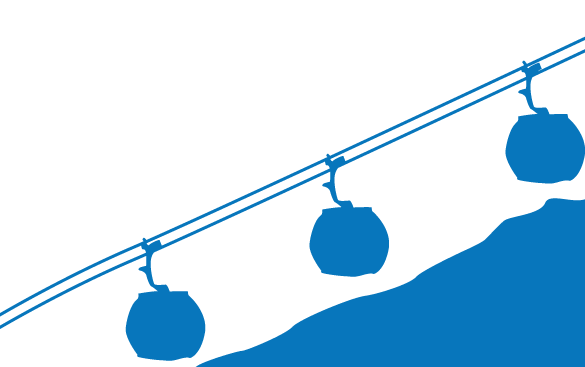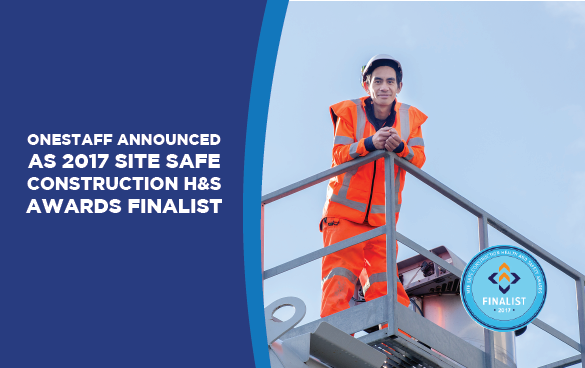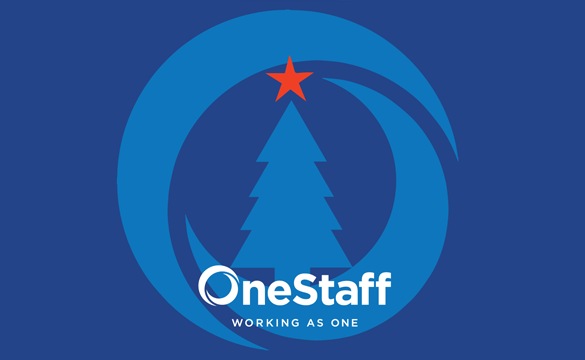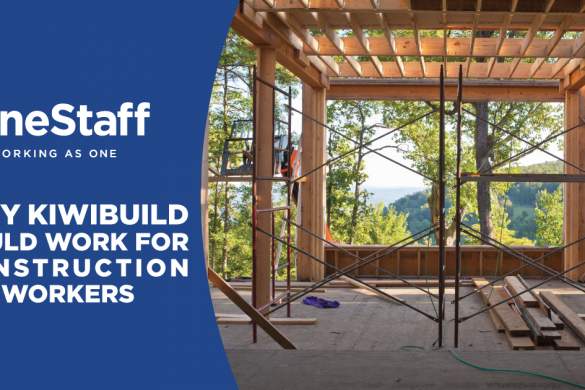Would you ask your candidates what motivates them at work? Some employers think that all they need to know is what machinery the candidate is qualified to operate and whether they can start work on the following Monday. However, if you want to hire employees who fit your company culture and stay with your business for some time, it’s a good idea to try and understand more than just their skills.
Asking a candidate about their motivation at work can help you get a better understanding of what they want out of their career and whether they are a good fit for your company. Although money is important, and motivates everybody to some extent, we’ve found that wanting to do good work in a friendly and safe working environment is usually pretty high on a job seeker’s wish list.
Hiring is expensive, both in money and in time spent. People who are not a good fit for your company, usually don’t last too long, which results in a whole lot of wasted time and effort for an employer. Making the effort to find out about the candidate’s motivations in the interview is a great way to make sure they’re right for the role, and for your company. Remember, an employee who is compatible with your culture slots in like a missing puzzle piece, and will likely develop into someone you want sticking with you for a few years rather than a few months.
Finding True Motivators in an Interview
That said, most tradespeople and labourers probably don’t spend hours figuring out what motivates them at work. And yet, if you just ask them, they’ll probably tell you straight away what makes them jump out of bed each morning. Often, it’s about using the right words to get a proper answer. We’ve found that open, simple questions based on people’s everyday experience usually work best.
1. Imagine you came home after hard day’s work and said: “Today was an awesome day!” What would that day look like?
For some people, it might be a day when they finished a construction project, whereas for others, the conversations they had with their colleagues over lunch might stand out. Some might feel happy about a specific time where the team came together, but an ideal day for others might be them being left alone to do their job! Even if you’re in a role you don’t enjoy very much, it’s easy to imagine an ideal day at work. This question makes people think positively and gives them the opportunity to talk about the things that are important to them at a workplace.
2. When you were in a high-pressure situation at work or had to push through failures, how did you handle this and what motivated you to continue?
One of the times when a person’s true motivations come out is when they are facing adversity. By asking behavioural questions around specific experiences that they may have had, you can figure out a number of key pieces of information; what the candidate perceives as adversity and how they handle those pressure situations. If the candidate struggles to raise a particular example, or example given doesn’t fit in with your idea of pressure, then that might be a red flag for you. However, if they speak openly about their lowest point at work and tell you how they were able to come through it constructively, then you could be onto a winner.
3. Besides a fair wage, what is the best reward you can get at work?
Everybody wants to be paid a fair wage; that is essentially a given in any role. However, what motivates you outside of that is unique to each person. This question can help you figure out what the that is the true reward that you can offer – more than just a dangling carrot! Some examples of these can include; life insurance, additional leave, company provided training and development programmes, and a supportive, inclusive workplace culture.
As we mentioned earlier, money is important. However, when you want to find out what makes your staff go the extra mile, it isn’t the best indicator of what drives people. Finding out what really makes your candidates tick is key to making sure you’re hiring the right people for your business, and also gives you the knowledge to build a working environment that helps them be happier (and more productive!) at work. Looking for more interview tips? Get in touch with your local OneStaff office for specialist construction recruitment advice.









